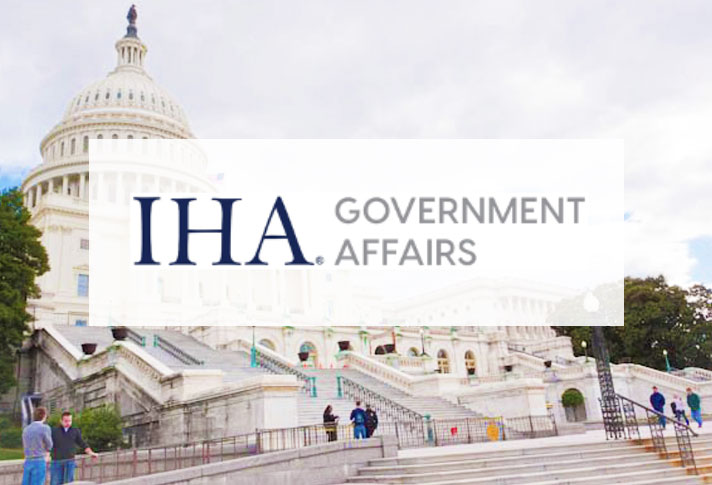With so many new employee-relations regulations now being issued by the U.S. Dept. of Labor, Occupational Safety and Health Administration, National Labor Relations Board, and even the Federal Trade Commission (i.e., the non-competes ban), it would be easy to overlook important new regulations from the Equal Employment Opportunity Commission (EEOC) that could impact a substantial number of IHA member companies.
The EEOC’s new regulations implement the Pregnant Workers Fairness Act (PWFA), which requires a covered employer to provide “reasonable accommodation” to a qualified employee’s or applicant’s known limitations related to, affected by, or arising out of pregnancy, childbirth, or related medical conditions, unless the accommodation will cause the employer an “undue hardship.”
The PWFA went into effect on June 27, 2023, and on April 15, 2024, the EEOC issued its final regulations to implement the law. The EEOC’s final regulations became effective June 18, 2024, and apply to private and public sector employers that have 15 or more employees. They also apply to Congress and Federal agencies, and to employment agencies and labor organizations.
The PWFA provides for reasonable accommodations for qualified applicants or employees who have known limitations as explained above. Per EEOC regulations, covered employers must not:
- Fail to make a reasonable accommodation for the known limitations of an employee or applicant, unless the accommodation would cause an undue hardship;
- Require an employee to accept an accommodation other than a reasonable accommodation arrived at through the interactive process;
- Deny a job or other employment opportunities to a qualified employee or applicant based on the person’s need for a reasonable accommodation;
- Require an employee to take leave if another reasonable accommodation can be provided that would let the employee keep working;
- Punish or retaliate against an employee or applicant for requesting or using a reasonable accommodation for a known limitation under the PWFA, reporting or opposing unlawful discrimination under the PWFA, or participating in a PWFA proceeding (such as an investigation);
- Coerce individuals who are exercising their rights or helping others exercise their rights under the PWFA.
More EEOC information on the new PWFA regulations, and other federal laws that may apply to workers affected by pregnancy, childbirth, or related medical conditions, can be found here: https://www.eeoc.gov/wysk/what-you-should-know-about-pregnant-workers-fairness-act.



